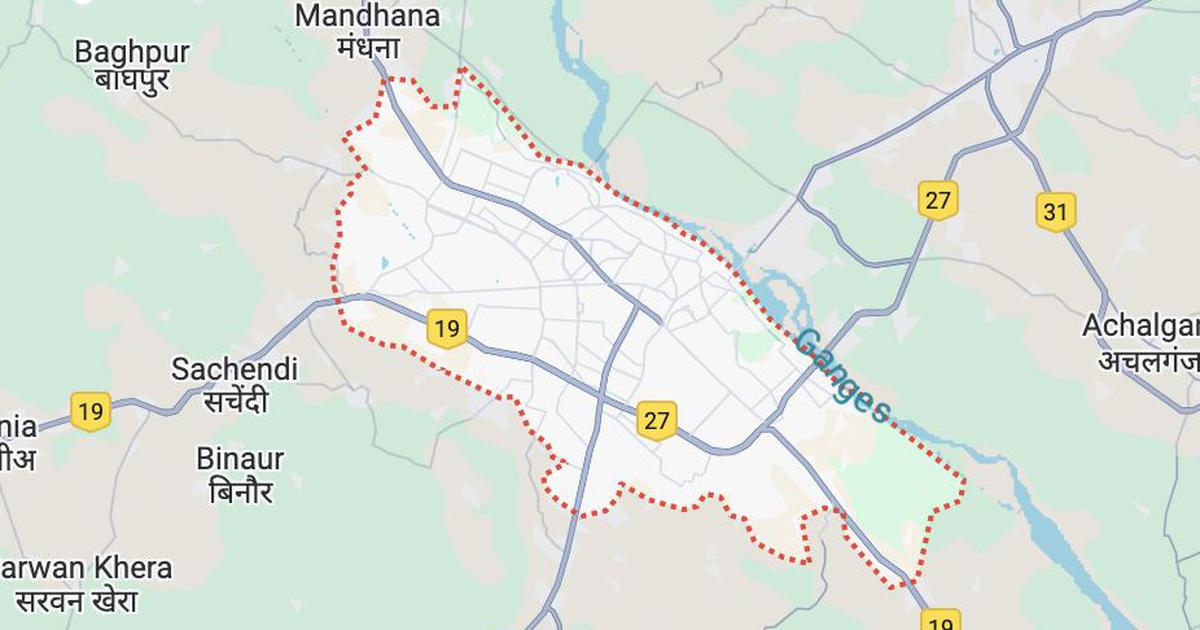
I have been of late in both the Jammu region and the Kashmir valley, asking questions. On the surface, the Union government’s claim to normalcy having been restored is borne out by booming tourism, the numerous full airlines flying in and out of Srinagar, the overfull hotels, the streets straining under the load of traffic, the educational institutions humming with activity. The population moves around fairly freely. The spectacle of heavily armed cops at every corner is sensibly reduced.
But just below the epidermis, J&K simmers. All it takes for the resentment and anger to surface is a mild question or two. The fundamental rift between Lieutenant Governor Manoj Sinha’s perception of “normalcy” and the people’s view is that while Kashmir may have been captured, the Kashmiri has been alienated. There is profound resentment at the robbing of the dignity of the people, the pervasive sense of having been humiliated, the denial of democracy and human rights, and solutions being thrust on them without consultation, whether it is large questions like Articles 370 and 35A or quotidian matters like the expropriation of land for large highway-building projects or apple movements being severely restricted while Adani-branded Himachal apples capture the market.
Above all, the psychological distancing is a reaction to the Union government’s unsubtle attempts at diluting the specific, separate identity of Kashmiris that was critical to the compact of J&K accepting Indian citizenship on the strict condition that to preserve their identity, they would be encouraged to exercise as much autonomy as possible. That is the basis of Article 370 elaborated in the Delhi Agreement of 1952 under which the opening article in the J&K constitution proclaims J&K as an integral part of the Indian Union while subsequent articles left J&K far freer than other states in respect of exercising political and administrative authority. Indeed, Article 370 spawned the subsequent Article 371, which makes special provisions for the governance of at least 11 other states, including, interestingly, Gujarat.
It is precisely because their distinct identity is so crucial to the Kashmiri that Atal Bihari Vajpayee’s invocation of ‘Kashmiriyat’ has had so much resonance in Kashmiri hearts. The principal objective of the reading down of Article 370 has been the shifting of identity from ‘Kashmiri’ to ‘Indian’. To a Kashmiri, accepting the ‘Indian’ label depends entirely on the Kashmiri identity being valorised. I understand this as a Tamilian – for my home state has abandoned its secessionism only on the clear understanding that the Tamil can privilege his Tamil identity in exchange for accepting Indian citizenship. The same holds for India’s northeast hill states, which is why Article 371 is so important to them.
There is thus nothing unique to J&K’s insistence on identity as the fulcrum of their willingness to be Indian. This is insufficiently understood in the Hindi-Hindutva heartland from which Narendra Modi derives his authoritarian power and insensitivity to the sentiments of the periphery. In J&K, this insensitivity has had the serious deleterious consequence of pro-Pakistan sentiment spreading even among schoolchildren, as affirmed to me by one young teacher from a prominent political family.
This story was originally published in thewire.in. Read the full story here






